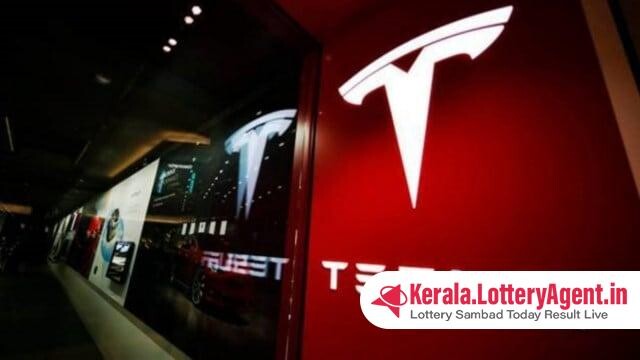
In the lead-up to a high-profile visit by Tesla CEO Elon Musk to India, the Centre made a strategic move by convening a crucial meeting with major stakeholders in the automobile industry on Thursday. This gathering, which saw the participation of representatives from Tesla as well as domestic automotive heavyweights, aimed to shape guidelines for the newly unveiled electric vehicle (EV) policy. People from the industry and officials in the know have confirmed this first consultation round to The Indian Express.
The engagement session counted notable officials from the Ministry of Heavy Industries (MHI) and the Finance Ministry, as well as leading car manufacturers such as Tata Motors, Maruti Suzuki, Mahindra & Mahindra, Volkswagen, Mercedes, and Toyota. Tesla’s involvement in these discussions aligns with a recent policy shift by India, which offered a duty relaxation window for EV imports for automakers who promise to make a substantial investment in the country, notably a sum of Rs 4,150 crore under the new EV directive.
An insider from the industry, who was present at the meeting, reported, “The EV policy was launched last month, but draft guidelines are pending. This consultation with the auto industry was convened with the purpose of drafting guidelines for the implementation of the policy. This occasion marks the beginning of such meetings, with additional rounds expected to hammer out the final guidelines.”
The eagerly anticipated guidelines are poised to cast light on investments in the burgeoning sector of EV manufacturing within India. This industry segment, still in its infancy, is projected to rapidly become a significant portion of the auto sector.
One of the noteworthy changes brought by the new EV policy, which came into effect last month, is allowing a 15 percent import duty for the import of completely built-up (CBU) cars. This addresses a key demand from Tesla, which back in 2021 had petitioned the central ministries for a reduction in import duties on fully assembled cars. They requested a cut to 40-15 percent based on the vehicle’s cost. With the new policy in play, Tesla’s request has effectively been granted.
Under the nuanced guidelines of the scheme, EV passenger cars (e-4W) can now be imported with a minimum CIF value of $35,000; they are subject to a 15 percent duty rate for a 5-year period starting from the approval letter’s issuance date by the MHI. Nonetheless, there’s a cap on the benefit—a maximum of 8,000 e-4Ws may be imported yearly at the concessional duty rate. Additionally, there’s the flexibility of carrying over any unutilized annual import limits as per the policy.
India is currently recognized as the third-largest automobile market globally and is undergoing rapid expansion. It’s estimated that the current automotive market size stands at Rs 12.5 lakh crore, with predictions that the sector may exceed Rs 24.9 lakh crore by 2030. Contributing over 7.1 percent to the nation’s GDP, the automotive sector forms a pillar of the Indian economy.
With Elon Musk’s expected interaction with Prime Minister Narendra Modi on March 22 and planned engagements with several Indian startups across diverse segments, this meeting has set the stage for furthering the EV agenda in India. Tesla’s participation in the consultations signifies a mutual interest in resolving tariff-related hurdles and setting the stage for potential manufacturing commitments by the EV giant in India. The spotlight is now on how India’s EV landscape will transform with these policy enhancements and investments from global and domestic players, reinforcing the nation’s commitment to a greener future through sustainable transportation.












